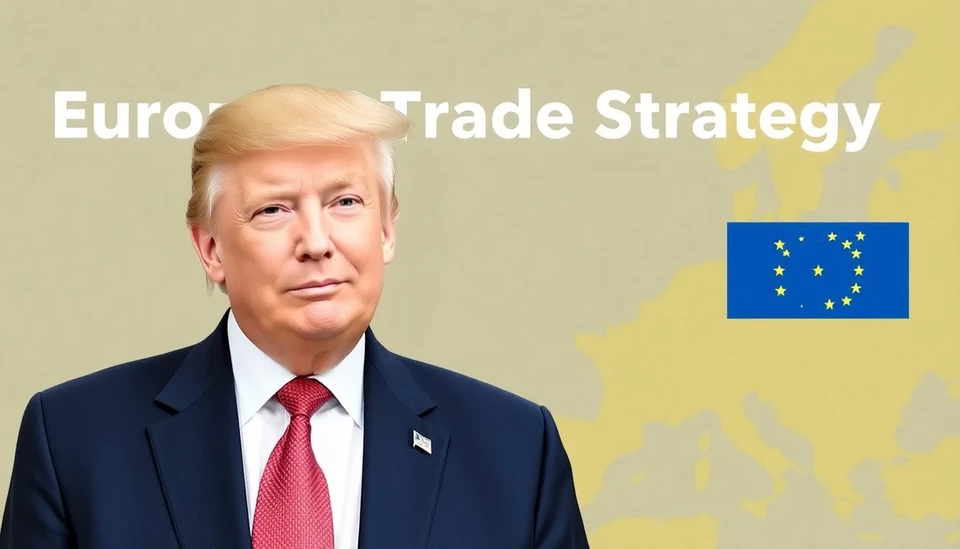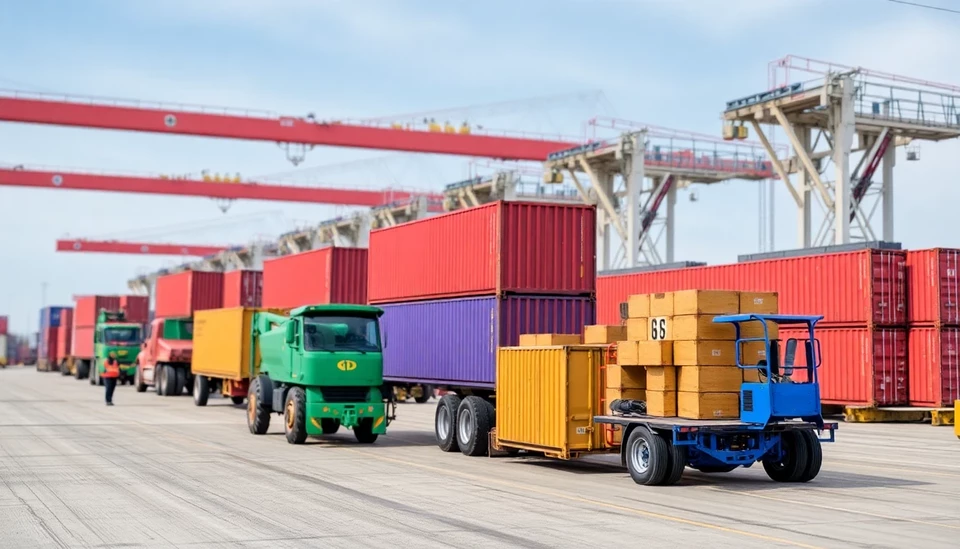
In an evolving landscape of global trade, Europe is under increasing pressure to forge new trade agreements, particularly as the specter of Donald Trump's past policies looms large. The rough and tumble of international relations, amplified by Trump's leadership style, has driven the European Union (EU) to reassess its strategies and form partnerships that can bolster its economic standing.
The fervor surrounding trade dynamics comes amid a backdrop of geopolitical tension and urgency, as European nations find themselves strategically pivoting towards new agreements that can fortify their markets and diversify economic partnerships. Washington’s previous stance under Trump - characterized by a more protectionist attitude contrasting with traditional alliances - has left an indelible mark, prompting EU leaders to accelerate their negotiations with countries across the globe.
In particular, the EU is eyeing opportunities in regions where trade negotiations stalled in recent years. This includes revisiting discussions with Australia, India, and Brazil, all of which offer substantial markets that could provide a buffer against potential economic fallout. The push for these deals comes alongside a commitment to uphold standards and policies that resonate with European values, including environmental protections and labor rights.
The urgency is even more pronounced as member states within the EU express varying levels of concern regarding economic resilience. Countries heavily reliant on trade may drive the agenda, emphatically advocating for expeditious and beneficial agreements that can stimulate growth and mitigate vulnerabilities against economic downturns.
One of the starkest motivations behind these negotiations lies in the prevailing global competition, notably from China, which continues to expand its economic footprint through significant investments and trade agreements worldwide. This predicament has led European leaders to conjoin forces more aggressively, aiming to present a united front in the global market while simultaneously safeguarding their industries.
Moreover, the implications of changing American politics are not lost on European lawmakers. As the political winds shift in the United States, with uncertainties surrounding potential future administrations, the EU recognizes the necessity of laying a firm groundwork for trade relationships that do not depend solely on transatlantic ties.
In light of this shifting landscape, various EU representatives have vocalized the significance of establishing partnerships that can create a strategic advantage, advocating for swift ratification of agreements that are currently mired in bureaucracy. In tandem with its external negotiations, the EU is also focused on bolstering internal cohesion and addressing divergent economic interests among member states.
As leaders converge on these dialogues, the goal remained clear: to transform the EU into a formidable player in the global trade arena, capable of adapting and thriving even as the complexities of international relations continue to evolve. The EU's focused engagement in pursuit of robust trade agreements signifies not just a response to the pressures of ongoing global changes but a proactive approach to securing long-term economic vitality.
The path forward remains uncertain, as various factors, including global economic conditions, domestic political climates, and the unpredictable nature of international relations, could impact the success of these endeavors. However, European leaders appear resolute in their quest to enhance the EU's global trade relationships, driven by the necessity of creating a more stable and sustainable economic framework.
In conclusion, Europe is not only looking to recover from past trade strategies influenced by the Trump administration but is also eager to reshape its future. By exploring new avenues for trade and cooperation worldwide, the EU aims to redefine its economic resilience while positioning itself advantageously on the global stage.
#trade #Europe #Trump #negotiations #agreements #economy #EU #global #politics #resilience
Author: Daniel Foster




